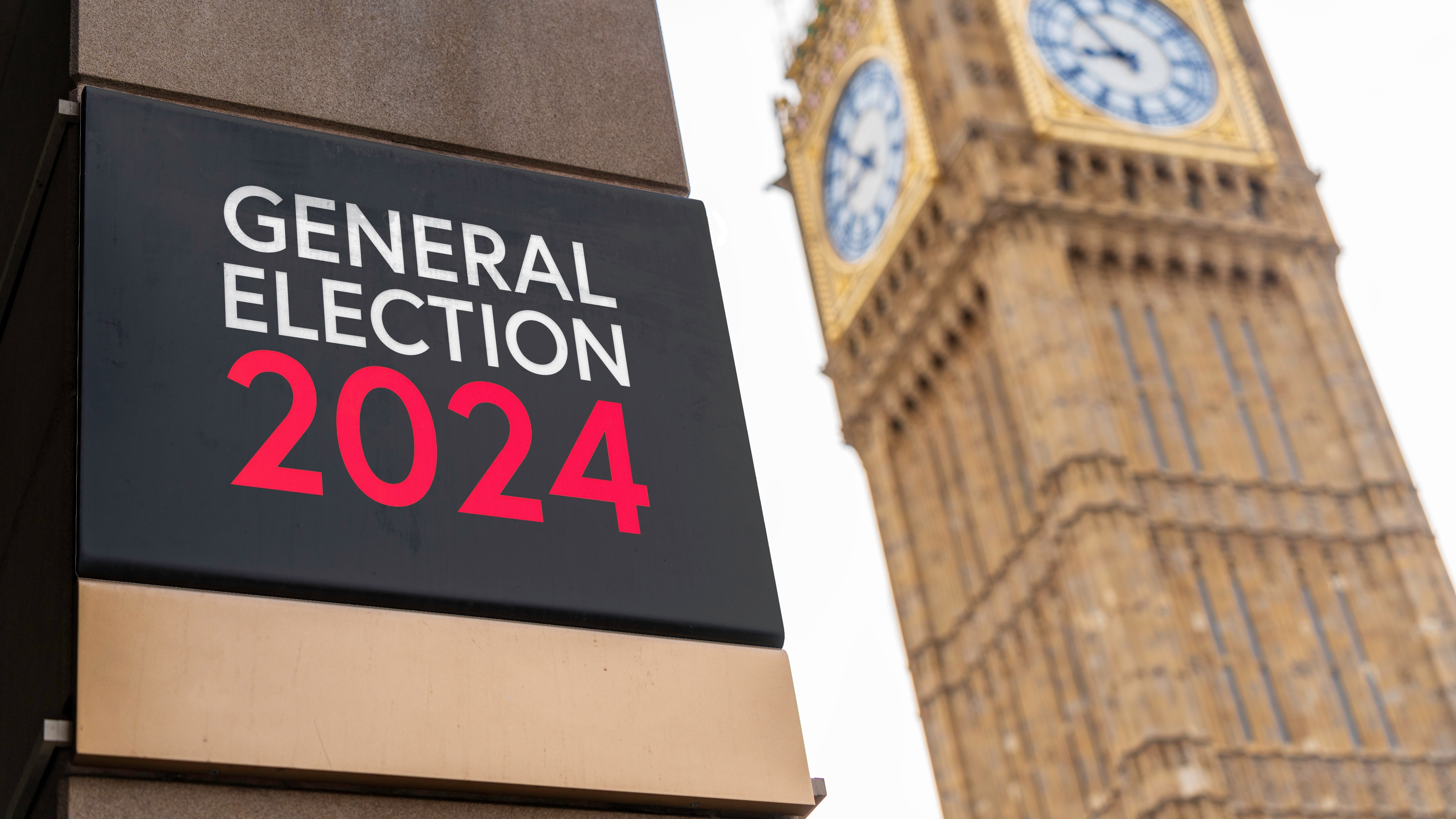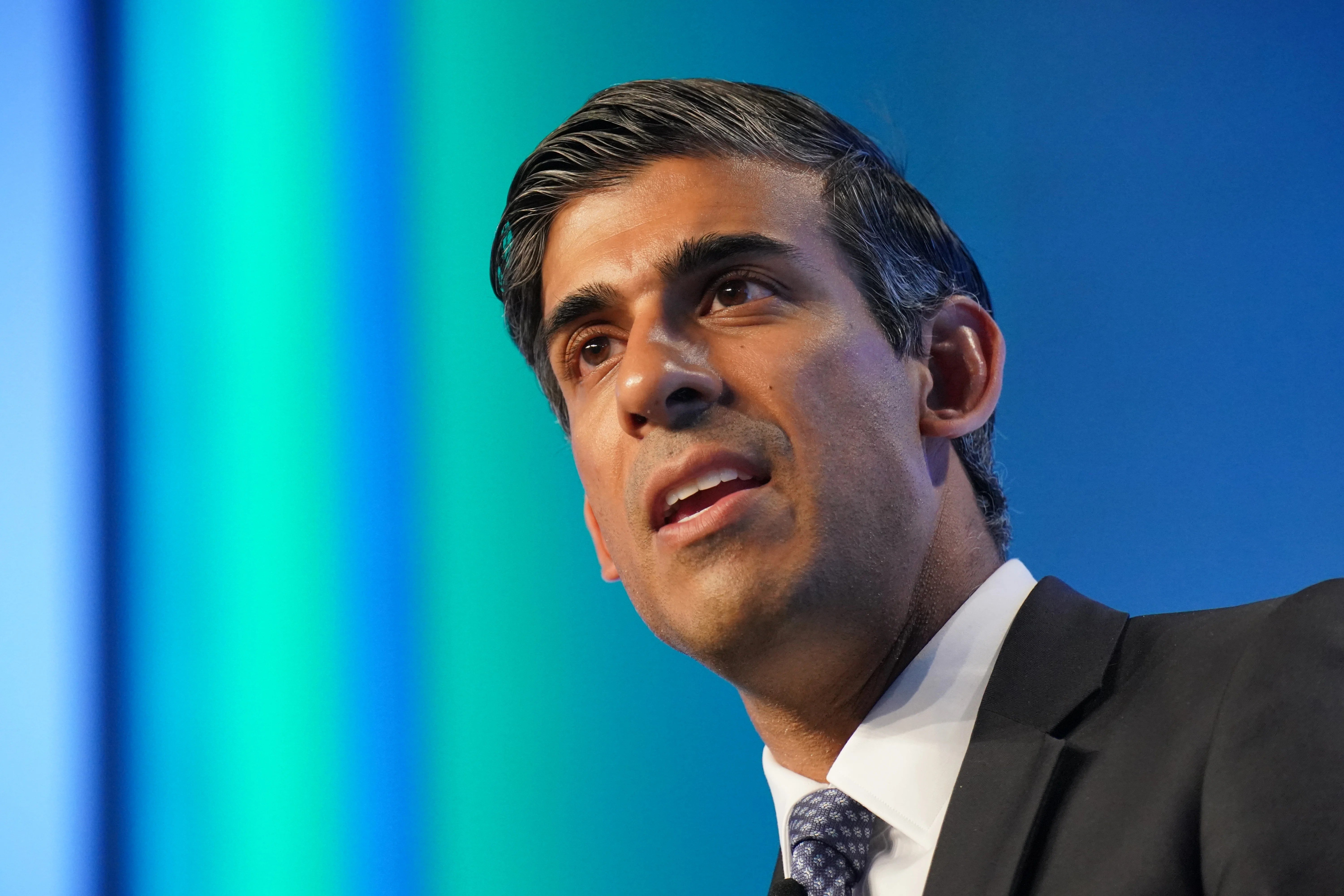The electorate has given Labour the second-largest majority (after Tony Blair in 1997) in British parliamentary history since Clement Atlee led a Labour Government in 1945. While the result needs to be qualified by the low voter turnout (at an estimated 60%, it was the second-lowest in post-war history) and the low share of the vote that Labour obtained (at only approximately 34%), the size of its majority means the party will have a largely free hand in pushing its agenda through parliament. Now that the UK has a new Prime Minister, a new parliament, and, shortly, a new cabinet, we look at what Labour’s victory could mean for the tech as well as the climate and energy sectors.
Recent Posts
What does Labour’s election win mean for the tech, climate and clean energy sectors?
Written by Pia Doering on 05 Jul 2024
Online Safety Act: What happens now?
Written by Pia Doering on 03 Nov 2023
The Online Safety Bill was introduced in March 2022 to make the UK the ‘safest place in the world to be online’. After a long journey through Parliament, the Bill passed its final parliamentary stages on Tuesday 19 September and was granted royal assent on 26 October 2023, meaning it is now enshrined in law as the Online Safety Act (OSA). However, companies will not have to comply with most of the Act’s provisions immediately. Rather, many details are yet to be set out via secondary legislation and guidance. In this blog post, we take a look at the next steps under the UK’s new online safety regime.
Does regulation of AI in the UK strike the right balance for business?
Written by Pia Doering on 23 Jun 2023
In this blog, Inline Policy looks at how the UK, home to many promising AI start-ups, is seeking to balance certainty with flexibility in its regulatory framework.
What will Rishi Sunak’s premiership mean for UK tech policy?
Written by Pia Doering on 25 Oct 2022
Once again, the UK has a new Prime Minister. What does this further leadership change mean for the UK’s tech ecosystem and regulatory environment? In this blog, Inline Policy illuminates where a Rishi Sunak premiership could land on issues such as digital competition, data protection, online safety, net zero, artificial intelligence, innovation, and foreign relations.
Is transparency the key for turning AI into a force for good?
Written by Pia Doering on 20 Jan 2022
In recent years, artificial intelligence (AI) has become embedded in many of the processes of business operations, public life, and politics. Yet as AI is increasingly becoming a part of people’s lives, suspicions have mounted as to whether AI is a force for good, or whether its algorithms create bad outcomes for some of those on the receiving end of its calculations. In a 2020 survey by KPMG, only 26% of UK citizens were willing to rely on information provided by an AI or to share data with an AI. To combat the festering mistrust in AI, the UK Government published its novel Algorithmic Transparency Standard in late November 2021. This blogpost introduces the standard, evaluates its potential, and points to the questions which remain open.
 Insights from Inline Policy listing page
Insights from Inline Policy listing page









